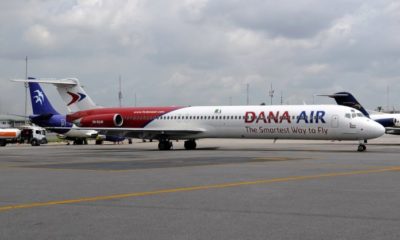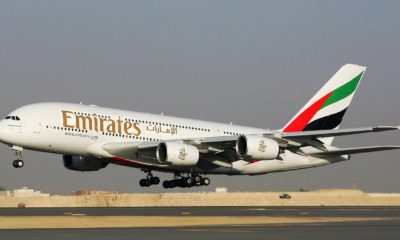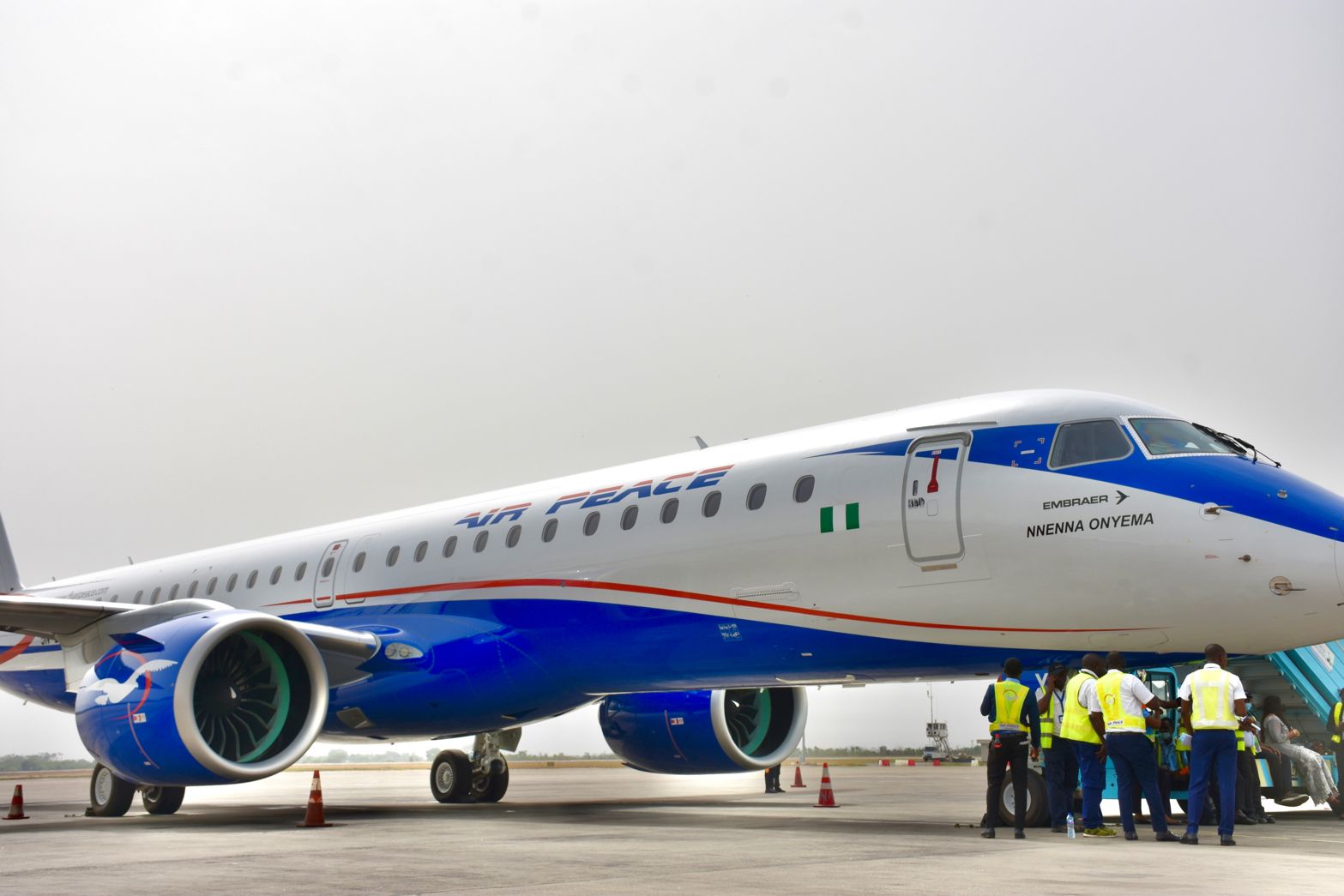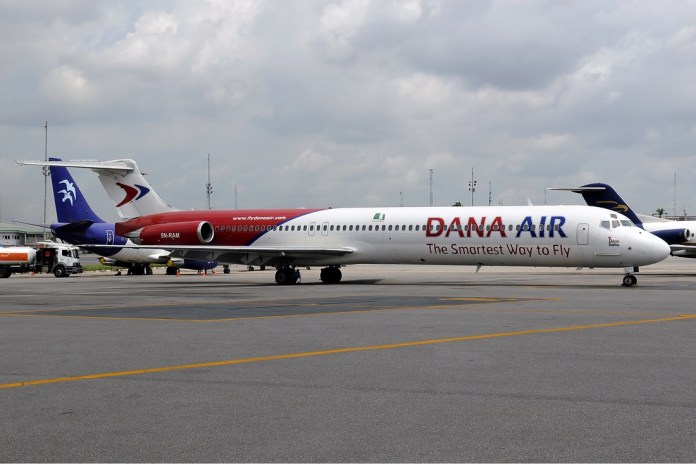Canada’s Immigration Minister, Sean Fraser, has recently announced the implementation of category-based selection draws for candidates applying through the Express Entry system.
This new approach aims to prioritize individuals with strong French language skills and work experience in specific fields that are in high demand across the country.
Under the revised system, candidates who possess expertise in healthcare, science, technology, engineering, and mathematics (STEM), trades such as carpentry, plumbing, and contracting, transportation, and agriculture and agri-food will receive preferential treatment in the selection process. These changes are expected to take effect later this summer to address the pressing need for skilled workers in various sectors across Canada.
Minister Fraser emphasized that these modifications to the Express Entry system are a crucial step towards meeting labor shortages reported by employers nationwide. By inviting more skilled professionals from targeted professions, Canada aims to support its economic growth while also fostering the vitality of French-speaking communities outside of Quebec.
The immigration minister highlighted the significance of immigration in alleviating labor shortages and enhancing the prominence of the French language within minority communities.
He stated, “Everywhere I go, I’ve heard loud and clear from employers across the country who are experiencing chronic labor shortages. These changes to the Express Entry system will ensure that they have the skilled workers they need to grow and succeed. We can also grow our economy and help businesses with labor shortages while also increasing the number of French-proficient candidates to help ensure the vitality of French-speaking communities.”
The introduction of category-based draws follows amendments made to the Immigration and Refugee Protection Act in June 2022, granting the minister the authority to select immigrants based on specific characteristics aligned with Canada’s economic priorities. The categories were determined through extensive public consultation with provinces, territories, industry representatives, unions, employers, worker advocacy groups, settlement provider organizations, and immigration researchers and practitioners.
To maintain transparency, the Immigration, Refugees, and Citizenship Canada (IRCC) will provide annual reports to parliament detailing the categories selected, the rationale behind the choices, instructions for establishing each category, and the number of invitations issued for each category.
Express Entry, launched in 2015, is Canada’s system for managing applications under three economic immigration programs: the Federal Skilled Workers Program, the Federal Skilled Trades Program, and the Canadian Experience Class. Candidates are evaluated based on various factors such as work experience, language proficiency, occupation, education, and more, using the Comprehensive Ranking System (CRS). Applicants with the highest CRS scores have the greatest likelihood of receiving an Invitation to Apply for permanent residence.
In summary, Canada’s adoption of targeted category-based draws for Express Entry candidates reflects its commitment to addressing labor shortages, supporting economic growth, and bolstering French-speaking communities across the country. These changes aim to ensure a more responsive immigration system that aligns with Canada’s social and economic needs, while also attracting highly skilled individuals who can contribute to the country’s prosperous future.

 Forex3 weeks ago
Forex3 weeks ago
 Naira2 weeks ago
Naira2 weeks ago
 Billionaire Watch2 weeks ago
Billionaire Watch2 weeks ago



 Naira3 weeks ago
Naira3 weeks ago






 Naira2 weeks ago
Naira2 weeks ago




 Naira1 week ago
Naira1 week ago




 Naira4 weeks ago
Naira4 weeks ago






 Naira1 week ago
Naira1 week ago





















